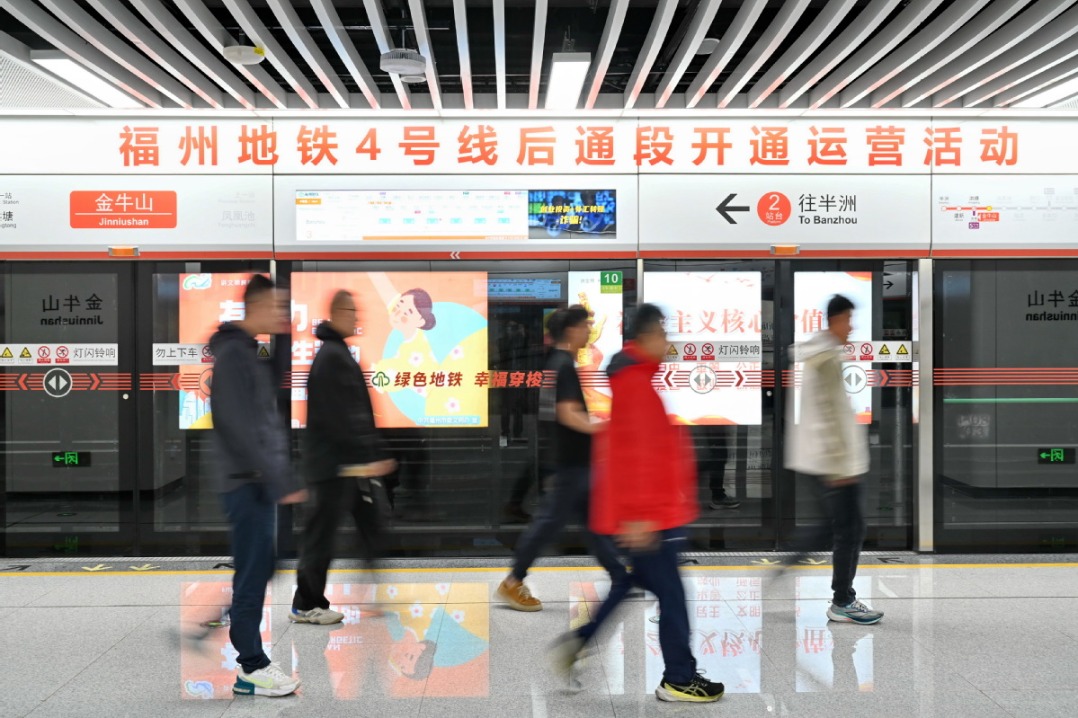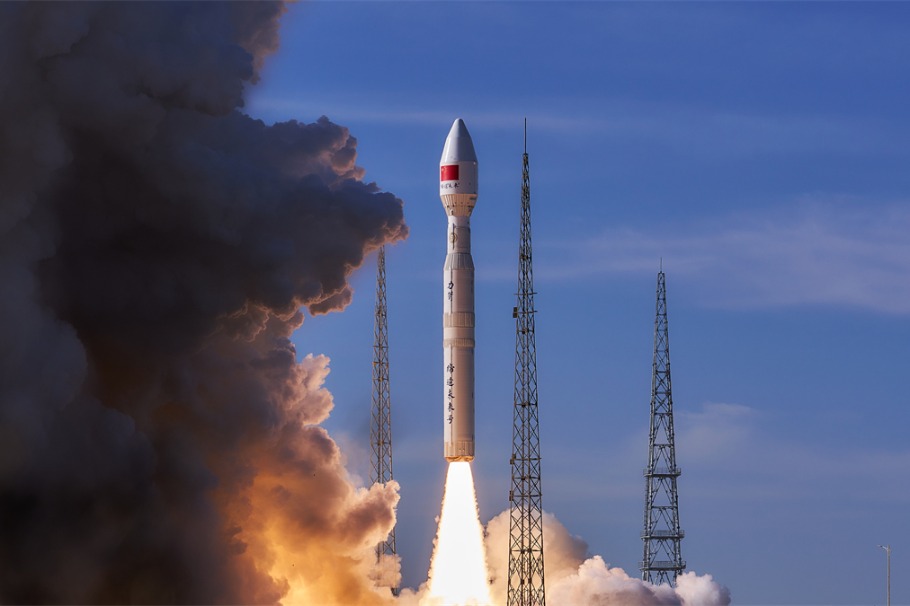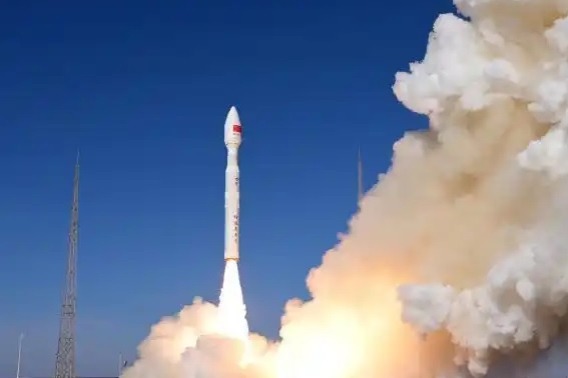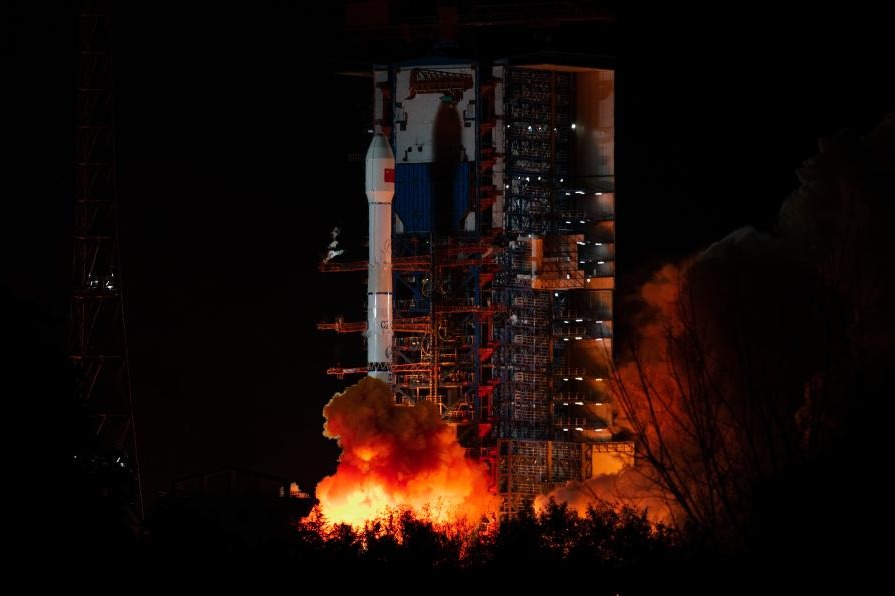Heroic soldier gets medal for contributions


Active in army, politics for 84 years, Hebei native who fought Japanese continues to keep up with nation's developments
Guo Ruixiang, army veteran and former deputy political commissar of the Duyun military subdistrict of Guizhou province, was awarded the July 1 Medal, the Communist Party of China's highest honor to its members, for his contribution to the army.
When the centenarian, who was born in Hebei province in December 1920, learned that he had been selected for the award in June, he traveled to Beijing from Dalian, Liaoning province, despite family concerns for his health.
"The medal is the highest honor conferred by the Party, I had to collect it in person," he said.
Guo is the longest-serving Party member among the award's 29 recipients, having joined 84 years ago.
As a boy, he studied at a private school in rural Hebei and came into contact with communist ideas thanks to the influence of progressive classmates. Communism's opposition to exploitation and oppression resonated with the boy, who remembered his father being brutalized by a landlord.
He joined the Red Army when he was 16 and became a Party member in March 1937. He has been loyal to the Party his whole life.
Guo's early years were a time of violence. During the War of Resistance against Japanese Aggression (1931-45), he fought bravely in a series of battles and contributed to war efforts.
After the Lugou Bridge Incident, also known as the Marco Polo Bridge Incident, in July 1937, which marked the outbreak of full-scale war between China and Japan, Guo worked underground in a complex and dangerous environment collecting intelligence and was responsible for the training of new Party members.
On one occasion, a clandestine operation he was part of was uncovered, and his superior was killed. With their lives in danger, Guo and his comrades went into hiding.
After the danger passed, he began to reassemble the team, which had scattered to avoid detection, so he reached out to Party members around him as well as others expressing an interest in joining.
In 1939, he recruited 40 young men to the Eighth Route Army, which was led by the CPC during the War of Resistance Against Japanese Aggression.
In May 1940, Japanese soldiers attacked Guo's troops from two directions at Xiaoqu in the southwest of Shandong province.
"The battle was fierce. My comrades' blood stained the ground red," he recalled. The instructor of a battalion at the time, Guo led a platoon in carrying out attacks on the rear of the Japanese forces.
Though 80 years have passed since then, he still remembers details of the battle as if it happened yesterday.
"I ordered the soldiers to set up machine guns and fire at the Japanese. A number of horses inside their barracks were frightened by the gunfire and jumped over the wall to escape," he said.
"The remaining soldiers fled after some were killed or injured, and we pursued them to victory. We captured a number of horses, cavalry rifles and a machine gun, which severely demoralized the enemy."
- The Olympic spirit: a guiding light in everyday life
- Ambassadors promote China-Africa cooperation at lecture tour in Shanxi
- China's poverty alleviation achievements continuously consolidated, expanded in 2025
- China achieves key results in 10-year fishing ban on Yangtze River
- Line 4 of Fuzhou Metro begins operation
- Taiwan people pick 'dismiss' as most representative word of 2025




































